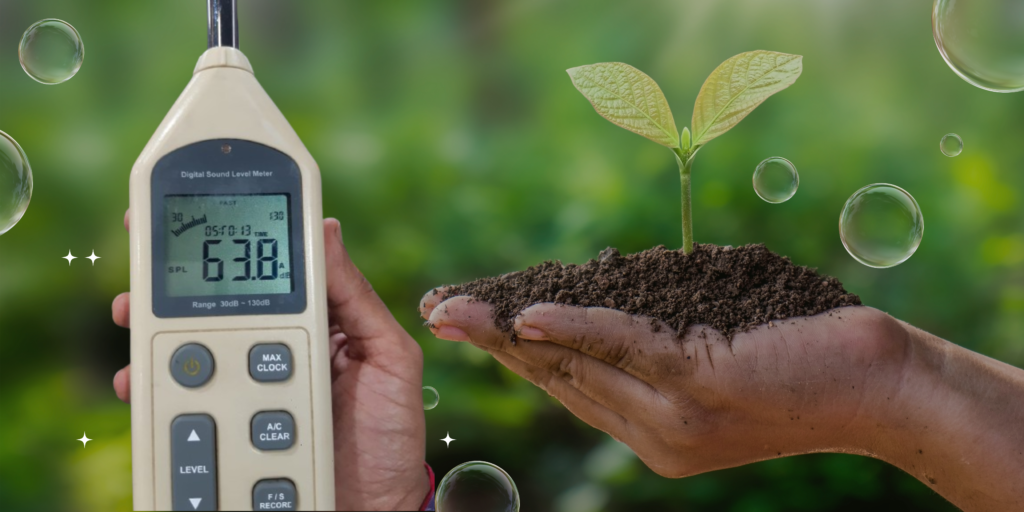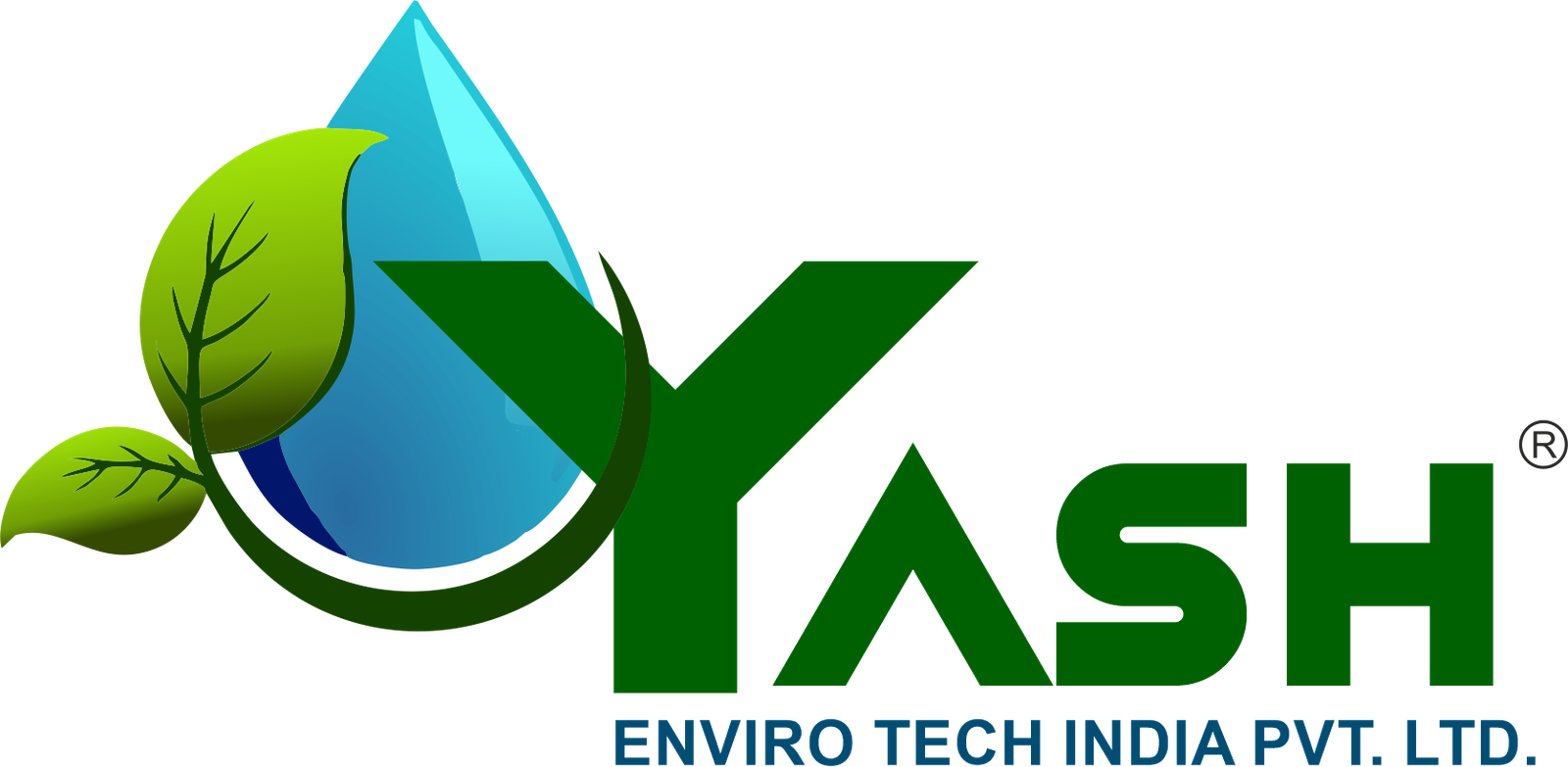
In today’s environmentally conscious world, ensuring compliance with environmental regulations is crucial for industries. The Maharashtra Pollution Control Board (MPCB) plays a vital role in regulating and monitoring industrial operations in the state. In this blog post, we will explore the various MPCB compliance services available to industries. From obtaining consents to establishing and operating units to managing hazardous waste and conducting environmental audits, we will provide a comprehensive overview of the MPCB compliance services offered by the MPCB. Let’s dive in and understand how these services can help your industry stay on the right side of environmental compliance.
MPCB Compliance Services:
Consent to Establish (CTE) – Setting the Foundation :
If you are in the process of setting up a new industrial unit or expanding an existing one, obtaining a Consent to Establish (CTE) from the MPCB is a crucial step. The CTE ensures that your unit complies with environmental norms before commencing operations. This consent involves submitting the necessary documents, such as project details, site plans, and environmental impact assessments, to the MPCB. The board evaluates these documents to ensure compliance with pollution control measures, waste management practices, and other relevant regulations. Obtaining a CTE sets a strong foundation for your industrial operations by demonstrating your commitment to environmental sustainability.
Consent to Operate (CTO) – Sustaining Environmental Compliance:
Once your industrial unit is established, you need to obtain a Consent to Operate (CTO) from the MPCB to continue operations legally. The CTO ensures ongoing compliance with environmental standards and pollution control measures. Similar to the CTE process, obtaining a CTO involves submitting relevant documents to the MPCB, such as effluent treatment plans, air pollution control measures, and monitoring protocols. The board assesses these documents to ensure that your unit continues to meet environmental norms throughout its operational lifespan. Renewing the CTO periodically is essential to ensure uninterrupted operations, as these consents have a validity period.
Renewal of Consents – A Timely Endeavor:
Consents to Establish and Operate have a validity period, typically ranging from one to five years. It is crucial to renew these consents before they expire to ensure uninterrupted operations and avoid penalties. The renewal process involves submitting the necessary documents and fees to the MPCB, similar to the initial application. It is essential to stay updated with any changes in environmental regulations and comply with new requirements during the renewal process. By adhering to timely renewals, you demonstrate your commitment to environmental compliance and sustainability.
Hazardous Waste Management – Safeguarding the Environment:
Industries that generate hazardous waste are required to comply with the Hazardous Waste (Management, Handling, and Transboundary Movement) Rules. This includes obtaining necessary authorizations from the MPCB, implementing appropriate waste management practices, and maintaining records of waste generation, handling, and disposal. Compliance with hazardous waste management regulations is crucial to safeguard the environment and prevent adverse impacts on human health. Filing periodic returns with the MPCB is also mandatory to ensure transparency and accountability in hazardous waste management practices.
Water and Air Pollution Monitoring – Ensuring Clean Surroundings:
Regular monitoring of water and air pollution parameters is essential to ensure compliance with environmental norms. This includes conducting water and air quality tests, maintaining records of monitoring data, and submitting periodic reports to the MPCB. By monitoring pollution levels, industries can identify potential issues, take corrective measures, and prevent environmental degradation. The MPCB may also specify pollutant discharge limits that industries must adhere to. Implementing effective pollution control measures and investing in advanced monitoring technologies can help industries maintain clean surroundings and contribute to sustainable development.
Environmental Audit – Evaluating Performance:
Conducting periodic environmental audits is a valuable tool for assessing an industry’s environmental performance. The MPCB may require industries to undergo environmental audits to evaluate compliance with applicable laws and regulations. Environmental audits involve a comprehensive assessment of various aspects, including waste management practices, pollution control measures, energy consumption, and environmental impact. The audits help identify areas for improvement and ensure that industries align with sustainable practices.
During an environmental audit, experts review the industry’s operations, assess environmental risks, and provide recommendations for enhancing environmental performance. The audit process may involve site visits, data analysis, and interviews with key stakeholders. By conducting regular audits, industries can stay proactive in addressing environmental concerns, minimizing their ecological footprint, and ensuring sustainable operations.
Annual Environmental Statement (Form V) – Transparent Reporting:
Certain industries, as specified by the MPCB, are required to submit an annual environmental statement in Form V. This statement is a crucial reporting requirement that provides information on pollutants discharged, waste generated, and measures taken for pollution control. The Form V report enables the MPCB to monitor compliance, assess environmental impact, and track progress in pollution reduction.
Preparing an accurate and comprehensive Form V report involves collecting relevant data, analyzing emission levels, and showcasing the industry’s commitment to pollution control. The report demonstrates transparency in environmental reporting and highlights efforts towards sustainable practices. It is essential to ensure the timely submission of Form V to maintain compliance and foster trust with regulatory authorities.
Conclusion:
The MPCB compliance services play a vital role in ensuring industries’ adherence to environmental regulations and promoting sustainable practices. Obtaining consents, managing hazardous waste, monitoring pollution levels, conducting environmental audits, and submitting annual environmental statements are key elements of maintaining compliance. By engaging in these services, industries can not only protect the environment but also enhance their reputation, build trust with stakeholders, and contribute to a greener future. Embracing MPCB compliance services is a proactive step towards sustainable development and responsible industrial practices. Stay compliant, protect the environment, and create a better world for generations to come. To know more follow our Facebook page.
